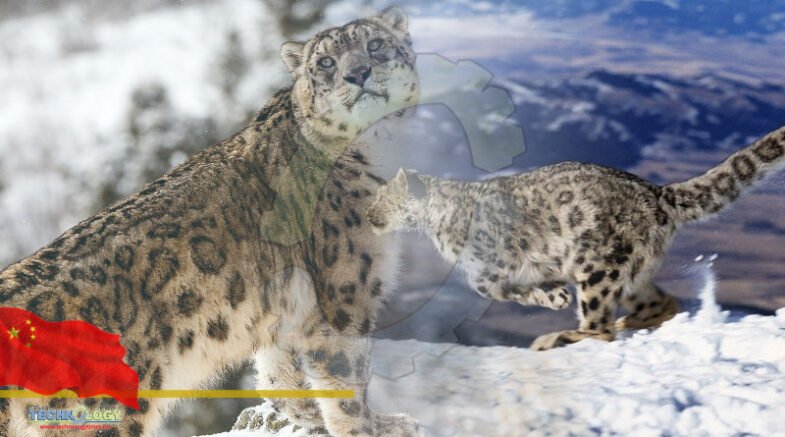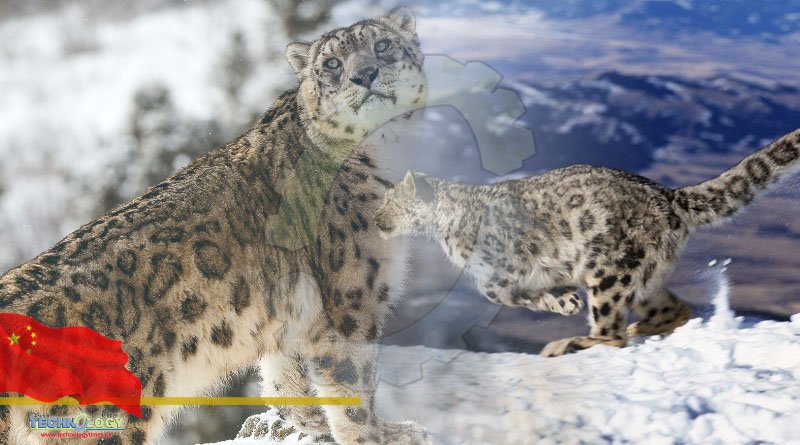A special project combining the efforts of the Chinese government and social organizations has successfully protected vulnerable snow leopards living on Mount Everest.

Over the past decade, a special project combining the efforts of the Chinese government and social organizations has seen great success in protecting vulnerable snow leopards living on Mount Qomolangma (commonly known as Mount Everest in the West) in Southwest China’s Xizang Autonomous Region.
According to estimates, 106 to 114 snow leopards live in the Qomolangma National Nature Reserve, the Ministry of Ecology and Environment (MEE) told the Global Times.
In 2013, the regional forestry and grassland bureau in Xizang and nonprofit organizations jointly launched the “Qomolangma Snow Leopard Protection Plan.”
In recent years, the project has been consistently supporting the regional monitoring and research on snow leopard habitats and species research while exploring innovative ways to protect the region’s biodiversity.
From 2014 to 2021, the project has received 11 million yuan ($1.57 million) in donations and a snow leopard protection network was set up in the Mount Qomolangma area.
To date, 3,000 square kilometers of snow leopard habitats are being monitored, accounting for 8.9 percent of the reserve.
Moreover, the project has been supporting communities in the four counties surrounding Mount Qomolangma, combining local development and snow leopard conservation efforts.
For instance, on the recommendation of the project, local villagers have been making handicrafts featuring the vulnerable snow leopards. Additionally, a children’s picture book, Snow leopard: The Friend on Snow Mountains, and an album, Mount Qomolangma: A Little Known Mystery Land of Life, have been published.
The project is an excellent example of an innovative conservation model that encourages social organizations to participate in biodiversity conservation and its sustainability, accuracy, and effectiveness should be promoted, according to the MEE.
Xizang’s natural reserves account for 38.75 percent of the region’s land area. More than 80 percent of rare and endangered wild animal and plant species and representative ecosystems in the region have been effectively protected, making it one of the healthiest natural environments in the world.
The Qomolangma National Nature Reserve is located on the China-Nepal border with Mount Qomolangma, the world’s highest peak at a height of 8,848.86 meters, at its core.
Originally published at Global Times
